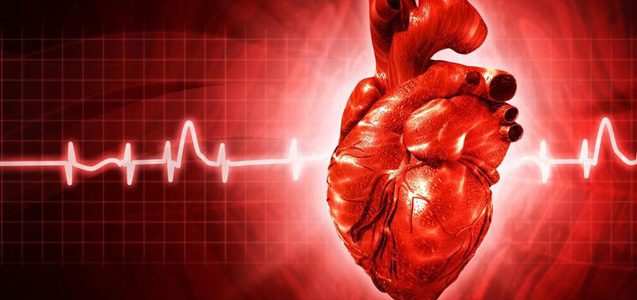Researchers from the University of Bologna (Italy), part of an international research team, have discovered an important gene involved in healing heart damage after a heart attack.
The study published in the journal Nature Cardio Heart Research reveals that a type of steroid hormone known as glucocorticoid (GCs) promotes cell maturation while inhibiting cell proliferation. This is the reason why cardiac tissue fails to recover after a heart attack.

One of the leading causes of death worldwide is heart disease – (Photo: Cryst Run Healthcare)
“Our findings demonstrate that GCs act as a crucial brake on the heart’s regenerative capacity: their inhibition shows promising results in repairing damaged heart tissue,” stated Professor Gabriele D’Uva from the Department of Experimental Medicine at the University of Bologna, who coordinated the research.
According to D’Uva, this is a significant discovery that could lead to effective treatments to improve the heart condition of patients who have suffered heart attacks.
Heart disease is one of the leading causes of death globally. This is partly due to the fact that heart tissue cannot regenerate like other body tissues. Cardiac muscle cells die during a myocardial infarction and become scar tissue that lacks the ability to contract.
If the damage is severe, it can lead to heart failure, where the heart cannot pump enough blood to meet the body’s needs. The outcomes of this condition can include sudden death, as reported by Scitech Daily.
Professor D’Uva emphasized: “Most tissues in our bodies will renew themselves throughout our lives. In contrast, the renewal of heart tissue in adulthood is extremely low, nearly nonexistent.”
To find ways to reverse this loss of regenerative capability in the heart, scientists focused on glucocorticoids—a type of hormone that plays a vital role in development, metabolism, and maintaining homeostasis, as well as in managing stress situations.
The removal of glucocorticoid receptors (GR) in glucocorticoids (GCs) has been shown to increase the regenerative capacity of cardiac cells after a heart attack, promoting heart tissue regeneration within weeks.
Professor D’Uva confirmed: “Similar results have also been obtained through the use of a GR receptor inhibitor that has been approved for clinical use in humans.”



















































